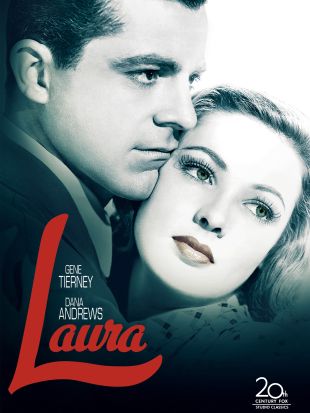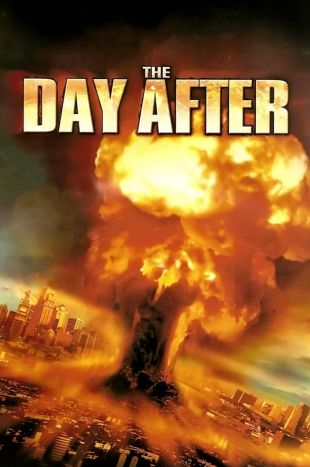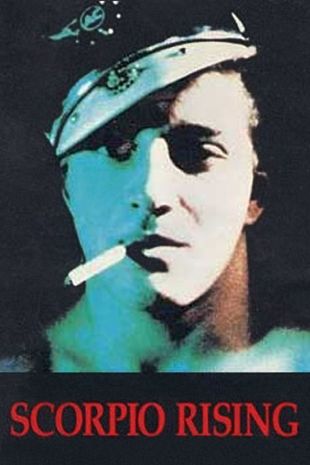David Raksin was the last great film composer of the 20th century, with a string of successes across four decades and one timeless classic, the song "Laura," to his credit. David Raksin was born in Philadelphia in 1912; his father ran a music store, and as the younger Raksinmanifested an interest and ability in music at an early age, he had ample opportunity to pursue this study, first on the piano and then on the woodwinds. He was something of a prodigy, and before he reached his teens he had organized a dance band of his own, and subsequently taught himself the art of arranging and orchestrating. Soon he was composing as well, and the group had its own weekly radio spot. In his teens, Raksin was a fully paid-up member of the musicians union. As a high-school student, he was proficient as a singer, player, and arranger, and worked with ensembles across the popular music spectrum. He attended the University of Pennsylvania and, after graduating, moved to New York, where he played piano in Benny Goodman's band. An arrangement that he'd written of "I Got Rhythm" was bought by bandleader Al Goodman -- Oscar Levant, who was working as the pianist in Goodman's band, brought the arrangement to the attention of the composer who, in turn, helped Raksinget a spot as an arranger for Harms, Inc., a major publishing house. Raksin continued his music studies with Arnold Schoenberg and moved to Hollywood.
In 1936, Raksin was asked by Alfred Newman -- then based at United Artists and serving as the music director on Charles Chaplin's Modern Times -- to assist Chaplin in scoring the movie for 20th Century Fox. Raksinsubsequently got to work on such big-budget releases as Suez (1938), Hollywood Cavalcade, and Stanley and Livingstone (both 1939), and he also worked as an arranger.
In 1944, Raksin got his first important film assignment, scoring Otto Preminger's Laura. He was said to have been inspired to write the movie's brooding theme after receiving a farewell letter from his wife. Laura was a huge success, and its release turned Raksin's music into a hit in its own right. There were so many requests for the music that Fox's publishing arm was obliged to try and generate a song from the central theme -- dozens of lyrics were submitted, until a set of words by Johnny Mercer won Raksin's approval (at one point, the publishing division hinted to Raksinthat they thought he was being unreasonable, insisting on quality lyrics for the song, until he reminded them that he didn't have to approve any words, or allow the piece to be turned into a song). The Raksin/Mercer song "Laura" became one of the most recorded songs of the 1940s, generating many hundreds of versions and enduring across the decades, so that even Frank Sinatra (who described it as a favorite) recorded it on three different occasions across 30 years.
Raksin's career was made from that point on. He moved to the front rank of staff composers at Fox, and was from then on a respected, established member of the Hollywood music community. From his "accidental" choice to score Laura, he was now specifically chosen for some of the studio's most high-profile productions, among them Forever Amber, directed by Preminger, for which Raksinengaged in some faux English-sounding period scoring, evoking the era of Restoration England, and earned one of his two Oscar nominations; and Preminger's Whirlpool (1949), which marked the end of his initial tenure at Fox. Separate from the studio, Raksinalso scored the Goldwyn -produced Danny Kaye vehicle The Secret Life of Walter Mitty (1947) and the independently made crime thriller Force of Evil, where his more modernistic sensibilities took hold. The latter was another case where he clashed with a director, in this case Abraham Polonsky, and one result of their dispute was the use of a theme from Beethoven's String Quartet No. 14 in one key sequence, building up to the execution of a key character. But Raksin's music from the film is some of his most deeply evocative of his career, of tragedy and corruption, high aspirations doomed, and also of seduction, as well as of the city of New York, where the movie was set and mostly shot -- the score often sounds like an opera without words.
Raskin moved to MGM in 1949, working on such high-profile films as William Wellman's The Next Voice You Hear, and Across the Wide Missouri, and John Sturges' The Magnificent Yankee, Right Cross, and The Bad and the Beautiful. He returned to work with Preminger at Fox on River of No Return (1954), and got his second Oscar nomination for his music for the Hecht-Lancaster-produced drama Separate Tables (1958), directed by Delbert Mann for United Artists. Raksin's other notable films of this period included Richard Wilson's Al Capone (1959) and Minnelli's Two Weeks in Another Town (1962), again produced by Houseman
In 1956, Raksin was appointed a professor of film scoring at the University of Southern California -- he continued to teach as an adjunct professor at the school until his death 48 years later. Even as he continued to score films and became more involved with teaching -- he also taught urban ecology at the USC School of Public Administration -- Raksin found time to extend his work to television. Among his best work for the small-screen medium was the distinctive, highly rhythmic, and rich-textured wind-and-brass-dominated main theme for the medical drama Ben Casey (1961-1966). In a 1989 interview with this writer, Raksin recalled that he was called in at the last moment, just before the show had to be delivered to the network, to write a new theme to replace a piece of music by another composer that the producers found unacceptable. "The producers described the visuals associated with the credits, and the time I had to work with -- the idea of these ceiling panels and fixtures, seen from the point-of-view of a patient being wheeled on a gurney, gave me the rhythm and the basic structure for the theme, which I delivered two days later." The series ended up running for four seasons, and the theme proved to be one of Raksin's most familiar pieces of work. He was also heavily involved with various film music professional associations, including the Composers and Lyricists Guild from the 1950s onward, and played a very active role in fostering the preservation and new recording of film music.
In the mid-'70s, Raksin became involved with RCA Victor's Classic Film Scores series, produced by Charles Gerhardt, when an LP was prepared of new recordings of his music for Laura, Forever Amber, and The Bad and the Beautiful. Unlike other volumes in the series, however, which were conducted by George Korngold (son of composer Erich Wolfgang Korngold), this album was conducted by its composer. "They originally intended for George Korngold to conduct," Raksinremembered (in the same 1989 interview), "and I asked why. They told me that, 'Well, George Korngold has conducted our volumes devoted to Max Steiner and Alfred Newman. I pointed out that this was fine for Max Steiner and Alfred Newman, who weren't with us anymore, but David Raksin is. So they let me conduct the New Philharmonia Orchestra on the album." That album was remixed for Dolby Surround and reissued on CD in 1989. In the years that followed, Raksin's original complete music for Laura and Forever Amber was unearthed from the 20th Century Fox vaults and released commercially on compact disc. Raksin remained active as a composer and teacher until the final months of his life, when his health began to decline. He passed away from heart failure in August of 2004, at age 92.


